Which Is Better Battery Or Wired Security Cameras?
Battery vs. Wired Security Cameras: Which One Is Better for You?
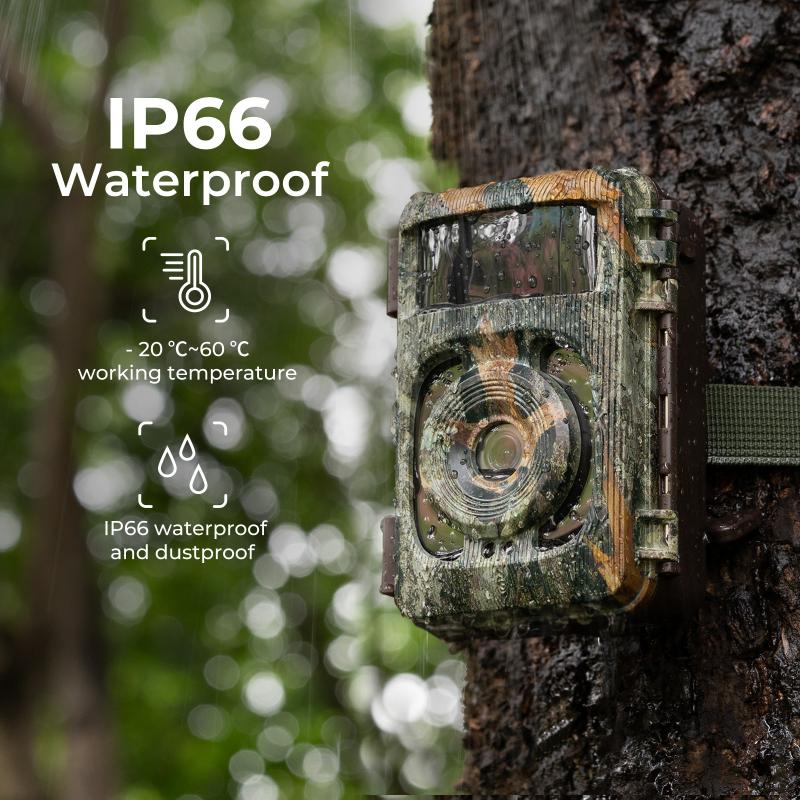
When it comes to choosing the right security camera system for your home or business, one of the most critical decisions is whether to opt for a battery-powered camera or a wired one. Both types have their advantages and disadvantages, depending on the specific needs of your space, your budget, and your preferences for installation and maintenance. In this article, we will break down the key differences, explore the pros and cons of each type, and help you make an informed decision.
1. Installation and Setup
One of the most immediate differences between battery-powered and wired security cameras is the installation process.
Battery-Powered Cameras
Battery-operated cameras are typically more straightforward to install, as they don’t require any cables or wiring to be run through your walls or ceilings. These cameras often come with mounting hardware and can be placed almost anywhere, provided there is adequate Wi-Fi coverage. Whether you're putting them outside to monitor your yard or inside to watch an entry point, installation can be done in a matter of minutes without professional help.
In contrast, Wired Cameras require more effort to install. They typically involve running cables through walls or ceilings, connecting to a power source, and then to a recording device (like a DVR or NVR system). If you have no prior experience with wiring or installing security systems, you may need to hire a professional, which can add to the overall cost. However, once installed, wired cameras generally offer a more secure and stable connection, with no need to worry about the power running out.
2. Power Source and Maintenance
Battery-Powered Cameras
As the name suggests, these cameras rely on batteries to function. Most models use rechargeable batteries that need to be replaced or recharged every few months, depending on usage. For homes or businesses that experience heavy foot traffic or other activities, you may find yourself recharging the batteries more often. Additionally, battery-powered cameras may not work well in extremely cold or hot environments, as extreme temperatures can shorten battery life.
The advantage, however, is the flexibility—battery-powered cameras can be easily moved around your property. If your needs change or you decide to upgrade your system, it’s simple to relocate these cameras without needing to rewire anything.
Wired Cameras
Wired cameras are powered directly by an electrical source, so they don’t require any maintenance in terms of charging or replacing batteries. As long as the power supply is uninterrupted, these cameras can run continuously without the need for frequent intervention. This makes them ideal for high-traffic areas where you need constant monitoring without the hassle of regularly checking or changing batteries.
However, while maintenance for wired cameras is minimal, they do rely on your home or business’s electrical wiring and a constant power source. If there's a power outage or electrical issue, your system could be compromised. In such cases, it might be worthwhile to consider a backup power supply, such as an uninterruptible power supply (UPS), to maintain your security coverage.
3. Reliability and Connectivity
Battery-Powered Cameras
Battery-powered cameras usually connect to your network via Wi-Fi. This means that they can be placed virtually anywhere, as long as there’s a Wi-Fi signal. However, a drawback is that Wi-Fi signals can fluctuate, leading to connectivity issues that may affect the camera’s performance. If your Wi-Fi signal is weak or interrupted, your security footage could be delayed or lost.
On the other hand, Wired Cameras are typically connected to a central recording device via Ethernet cables or directly to a DVR/NVR system, which means they offer a much more stable and reliable connection. Since the signal is transmitted through physical cables, there's less likelihood of interference from external factors like weather, obstacles, or network congestion. This makes wired cameras ideal for environments where a strong, uninterrupted connection is critical, such as businesses or areas with high security needs.
4. Video Quality and Storage
Battery-Powered Cameras
While modern battery-operated cameras are capable of high-definition video, their video quality can sometimes suffer compared to wired options. This is due in part to the constraints of power and the reliance on Wi-Fi networks for transmission. Some battery-powered cameras may limit their video resolution to reduce the amount of data they need to send over the network, which can result in lower-quality footage or delayed transmission.
Furthermore, battery-powered cameras often rely on cloud storage for storing recorded footage. While this offers the benefit of remote access to your videos, it may also come with additional fees depending on the service provider. Some systems provide limited free cloud storage, but if you need more, you’ll typically need to pay for a subscription. Alternatively, some cameras offer local storage options via SD cards or external drives, but this can be limiting in terms of capacity and access.
In comparison, Wired Cameras can typically offer higher-quality video since they don’t need to rely on battery power or Wi-Fi bandwidth. They can also support larger amounts of storage, whether via local hard drives, NAS (network-attached storage), or cloud services. Additionally, wired cameras are often more capable of supporting continuous recording, so you won’t miss any footage, unlike some battery-powered models that may only record when motion is detected.
5. Security and Stability
Battery-Powered Cameras
Battery-powered cameras, while convenient, can sometimes be more vulnerable to tampering. If a criminal is aware that a camera is powered by a battery, they might target the camera specifically to remove or disable it. While many cameras are designed to alert you if their battery is running low, it’s still essential to check them regularly to ensure they’re operational. Also, because these cameras rely on wireless signals, they can be more susceptible to hacking or interference if the Wi-Fi network is compromised.
Wired Cameras
Wired cameras are generally more secure and harder to tamper with, especially if they are hardwired through your walls. The physical connection means there is less chance of someone interfering with the system by simply cutting the power or disrupting the signal. Furthermore, because they don’t rely on Wi-Fi, they are not as vulnerable to network hacks. This makes wired systems a popular choice for those seeking a more robust and secure setup.
6. Cost Considerations
Battery-Powered Cameras
Battery-powered cameras generally have a lower upfront cost than wired systems, especially if you are looking for a simple DIY solution. However, you may need to factor in the cost of batteries or rechargeable battery packs over time. Additionally, some models require cloud storage subscriptions, which could add to the overall cost in the long term.
Wired Cameras
Wired systems can be more expensive initially due to the cost of installation, wiring, and the central recording devices (like DVRs or NVRs). The need for professional installation can also raise the overall cost. However, there are fewer ongoing costs associated with wired systems, especially if you store footage locally or on a dedicated server.
7. Outdoor vs. Indoor Use
Both battery-powered and wired cameras can be used for outdoor surveillance, but the nature of your installation and the environment may influence your choice. Battery-powered cameras are more flexible when it comes to outdoor placement because you don’t have to worry about running power cables. This makes them a good choice for monitoring a remote area like a backyard, front porch, or detached garage.
That said, battery-powered cameras may need to be protected from extreme weather conditions, as temperature fluctuations can affect battery performance. On the other hand, wired cameras are generally more robust and can be reliably used outdoors, provided they are housed in weatherproof enclosures.
Both battery-powered and wired security cameras have their unique strengths and weaknesses. The best choice ultimately depends on your specific needs, preferences, and circumstances.
If you’re looking for a low-maintenance, easy-to-install system for a small area or a temporary setup, battery-powered cameras may be the better choice. They are flexible, easy to install, and suitable for locations where running wires would be impractical. However, you will need to manage battery life, Wi-Fi connectivity, and storage options.
On the other hand, if you need a highly reliable, high-quality system for a permanent or high-traffic area, wired cameras might be the better solution. They offer superior stability, uninterrupted power, and generally higher video quality. While the installation process is more involved, they are a great choice for those seeking a more secure, long-term solution.
By understanding the pros and cons of each system, you can make a more informed decision that suits both your security needs and your budget.


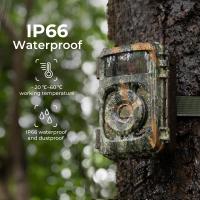
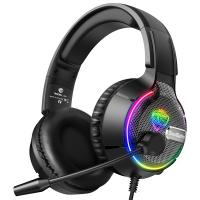


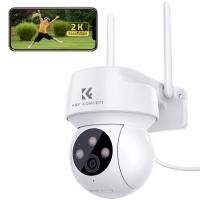
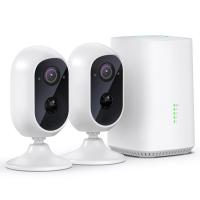

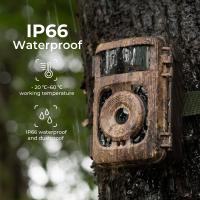
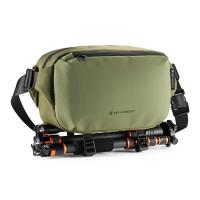
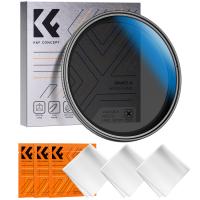

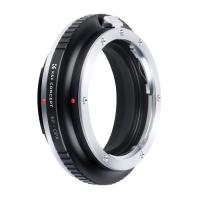
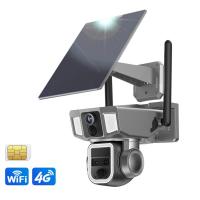

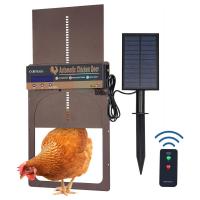

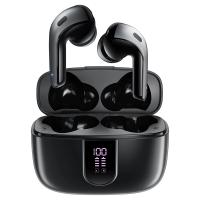

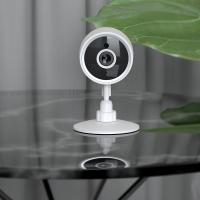
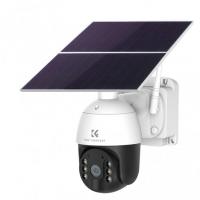
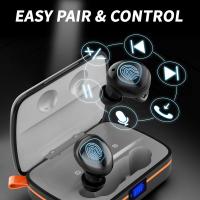
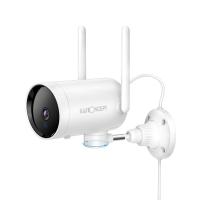
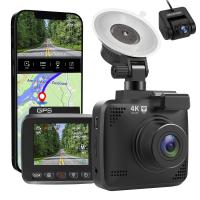

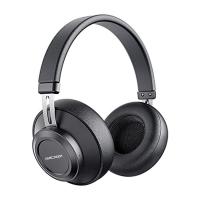
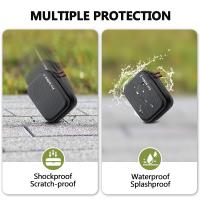
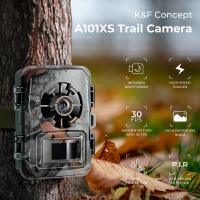

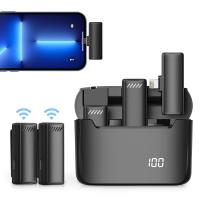
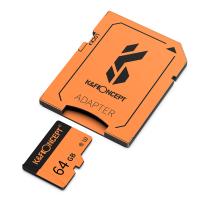

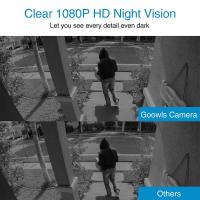
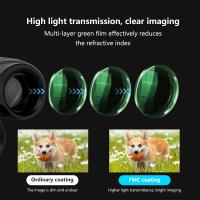

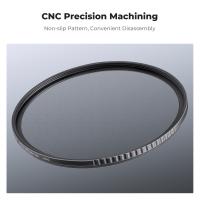
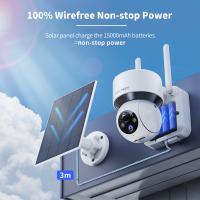
There are no comments for this blog.